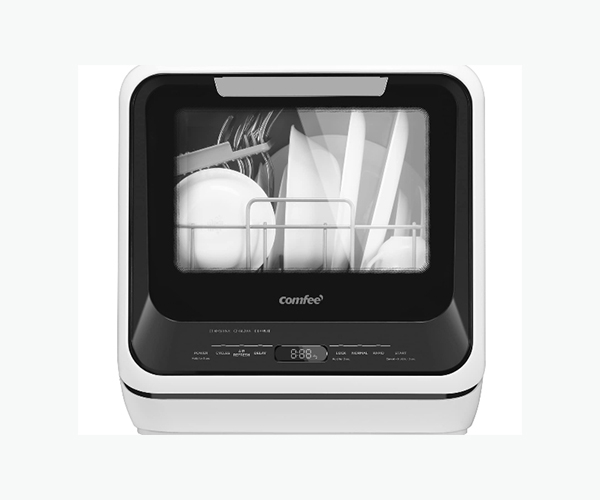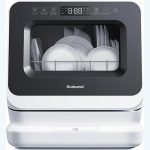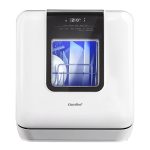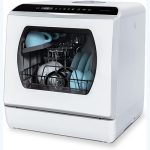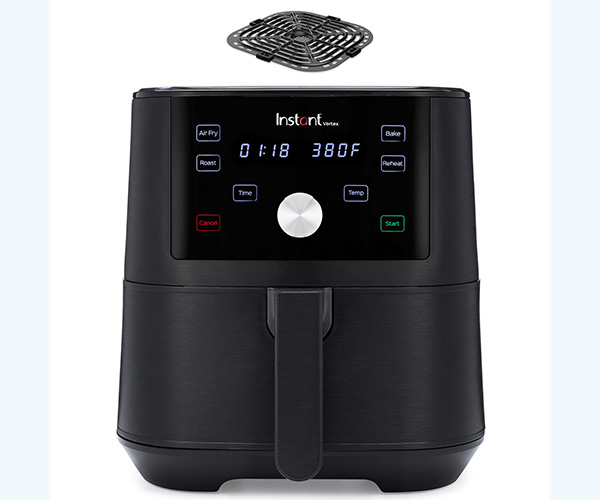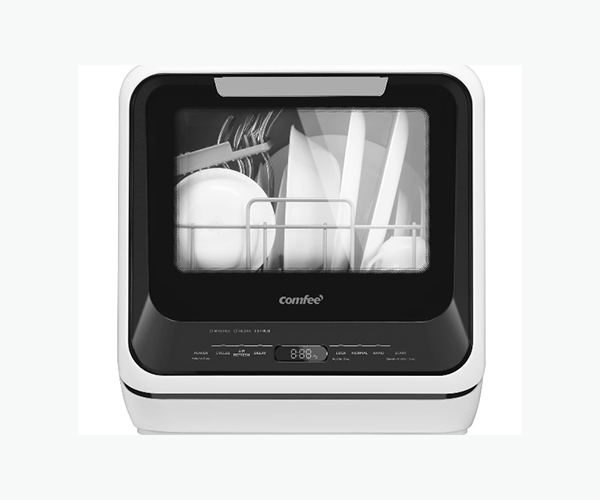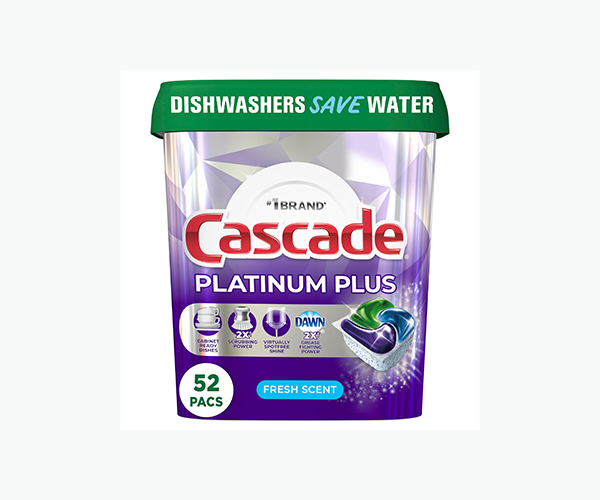Dishwashers have become an indispensable part of modern kitchens, saving time and effort while ensuring that our dishes are clean and sanitized. However, like any household appliance, dishwashers can encounter problems that affect their performance. Understanding these issues, their causes, and how to fix them can save you both time and money. In this comprehensive guide, we will delve into the seven most common problems with dishwashers and provide you with in-depth solutions to keep your machine running smoothly.
1. Dishes Not Getting Clean
One of the most frustrating issues homeowners face with their dishwashers is when dishes come out dirty or with food residues still clinging to them. This problem can be especially perplexing because the entire purpose of a dishwasher is to clean dishes efficiently. Understanding the root causes of this issue is the first step toward resolving it.
Symptoms and Signs
When your dishes are not getting clean, you might notice several signs, such as:
- Food particles still stuck on plates and utensils after a cycle.
- Greasy or cloudy film on glassware.
- Residue or spots on dishes.
Possible Causes
Several factors can contribute to dishes not getting clean in a dishwasher:
- Clogged Spray Arms: The spray arms are responsible for directing water jets onto the dishes. If these arms are clogged with food particles or debris, the water flow will be obstructed, leading to poor cleaning performance.
- Detergent Issues: Using the wrong type or insufficient amount of detergent can result in ineffective cleaning. Additionally, hard water can reduce the effectiveness of certain detergents, leading to a buildup of soap scum on dishes.
- Overloading: Overloading the dishwasher can prevent water and detergent from reaching all the dishes, especially those in the corners and edges.
- Water Temperature: The temperature of the water plays a crucial role in breaking down grease and food particles. If the water is not hot enough, it may not effectively clean the dishes.
Solutions
To resolve the issue of dishes not getting clean:
- Clean the Spray Arms: Regularly remove and clean the spray arms to ensure that water can flow freely. You can use a toothpick or a small brush to clear any clogs in the spray arm holes.
- Use the Right Detergent: Make sure you are using a high-quality detergent that is suitable for your water hardness level. If you have hard water, consider using a detergent with built-in water softeners or adding a water softening agent to your dishwasher.
- Avoid Overloading: Load your dishwasher correctly, ensuring that there is enough space between dishes for water and detergent to circulate. Follow the manufacturer’s guidelines on how to load different types of dishes.
- Check the Water Heater: Ensure that your water heater is set to at least 120°F (49°C) to allow the dishwasher to perform optimally. If necessary, run the hot water at your sink before starting the dishwasher to ensure that the water entering the machine is already hot.
2. Dishwasher Not Draining Properly
Another common problem that can arise with dishwashers is improper draining. When water pools at the bottom of the dishwasher after a cycle, it can lead to unpleasant odors and potential damage to the appliance. This issue needs to be addressed promptly to avoid further complications.
Symptoms and Signs
Signs that your dishwasher is not draining properly include:
- Standing water in the bottom of the dishwasher after a cycle.
- Foul smells emanating from the dishwasher.
- Dishes remain wet and dirty due to the presence of stagnant water.
Possible Causes
The primary causes of improper draining in dishwashers include:
- Blocked Filter: The dishwasher filter is designed to catch food particles and debris, preventing them from clogging the drain. However, if the filter becomes clogged itself, it can obstruct the drainage process.
- Drain Hose Issues: The drain hose, which carries water from the dishwasher to the drain or garbage disposal, can become kinked, clogged, or improperly installed, leading to drainage problems.
- Garbage Disposal Connection: If your dishwasher is connected to a garbage disposal, a blockage or improper installation of the disposal can prevent the dishwasher from draining properly.
Solutions
To fix the draining problem in your dishwasher:
- Clean the Filter: Locate the dishwasher filter, usually at the bottom of the unit, and clean it thoroughly. Remove any food particles, debris, or soap scum that may be blocking it. Regular cleaning of the filter can prevent this issue from recurring.
- Inspect the Drain Hose: Check the drain hose for any kinks, clogs, or improper connections. Straighten out any kinks and clear any blockages with a flexible brush or snake. Ensure that the hose is properly connected to both the dishwasher and the drain or garbage disposal.
- Check the Garbage Disposal: If your dishwasher drains into a garbage disposal, ensure that the disposal is not clogged and that it is correctly installed. Run the disposal to clear any blockages and check the knock-out plug if your dishwasher is newly installed.

3. Dishwasher is Leaking
A leaking dishwasher can cause significant water damage to your kitchen and lead to costly repairs. Identifying the source of the leak is essential to fixing the problem and preventing further issues.
Symptoms and Signs
Signs of a leaking dishwasher include:
- Water pooling around the base of the dishwasher.
- Water dripping from the door or underneath the appliance.
- Damp or water-damaged flooring near the dishwasher.
Possible Causes
Several issues can cause a dishwasher to leak:
- Worn Door Seal: The door seal, also known as the gasket, prevents water from escaping during a wash cycle. Over time, the gasket can wear out, crack, or become loose, leading to leaks.
- Loose Hose Connections: The hoses that supply water to and drain water from the dishwasher can become loose or damaged, causing leaks.
- Overfilling: If the dishwasher is overfilled with water, it can lead to leaks, especially if the float switch, which regulates the water level, is malfunctioning.
Solutions
To fix a leaking dishwasher:
- Replace the Door Seal: If the door seal is worn or damaged, replace it with a new one. Ensure that the new gasket is installed correctly and forms a tight seal when the door is closed.
- Tighten Hose Connections: Inspect the water supply and drain hoses for any signs of looseness or damage. Tighten any loose connections and replace damaged hoses to prevent leaks.
- Adjust Water Level: If the dishwasher is overfilling, check the float switch to ensure it is functioning correctly. If necessary, adjust or replace the float switch to regulate the water level properly.
4. Dishwasher Smells Bad
A dishwasher that smells bad can make your entire kitchen unpleasant. The odor usually stems from food particles, mold, or mildew that have accumulated inside the appliance. Addressing the source of the smell is crucial for maintaining a fresh-smelling dishwasher.
Symptoms and Signs
Signs that your dishwasher has a bad odor include:
- A persistent, unpleasant smell emanating from the dishwasher.
- Odors that linger even after running a cleaning cycle.
- Mold or mildew growth inside the dishwasher.
Possible Causes
The main causes of bad odors in a dishwasher are:
- Food Residue Build-Up: Food particles that are left behind in the dishwasher can rot and produce bad smells. These particles often accumulate in the filter, spray arms, and other hard-to-reach areas.
- Mold and Mildew: The moist environment inside a dishwasher can promote the growth of mold and mildew, especially if the dishwasher is not cleaned regularly.
- Clogged Drain: A clogged drain can cause water to stagnate inside the dishwasher, leading to unpleasant odors.
Solutions
To eliminate bad odors from your dishwasher:
- Regular Cleaning: Clean the dishwasher thoroughly at least once a month. Remove and clean the filter, wipe down the interior surfaces, and clean the spray arms. Running an empty cycle with a dishwasher cleaner or a mixture of vinegar and baking soda can help eliminate odors.
- Prevent Mold and Mildew: Leave the dishwasher door slightly ajar after each cycle to allow air circulation and prevent moisture buildup. This simple step can help prevent the growth of mold and mildew.
- Clear the Drain: Ensure that the dishwasher drain is not clogged and that water is draining properly. Cleaning the drain regularly can prevent bad odors from developing.
5. Dishwasher is Noisy
Dishwashers are designed to operate quietly, so when you start hearing unusual noises, it can be a sign that something is wrong. Identifying the source of the noise can help you address the issue before it leads to more serious problems.
Symptoms and Signs
Noisy dishwashers may produce:
- Grinding, buzzing, or rattling sounds during operation.
- Squeaking or whining noises when the dishwasher starts or stops.
- Loud banging or thumping sounds, especially during the wash or drain cycle.
Possible Causes
The primary causes of noise in dishwashers include:
- Loose Parts: Over time, components inside the dishwasher, such as the spray arms, racks, or motor, can become loose and create noise during operation.
- Worn Bearings or Motor: The bearings in the dishwasher’s motor can wear out, leading to a grinding or humming noise. A faulty motor can also produce unusual sounds.
- Foreign Objects: Objects like bones, glass shards, or small utensils can get lodged in the pump or spray arms, causing noise as the dishwasher runs.
Solutions
To fix a noisy dishwasher:
- Tighten Loose Parts: Inspect the dishwasher’s interior for any loose parts and tighten them as needed. Ensure that the spray arms are securely attached and that the racks are properly seated in their tracks.
- Replace Worn Bearings or Motor: If the noise is coming from the motor or bearings, it may be time to replace these components. This task may require professional assistance, depending on your comfort level with appliance repairs.
- Remove Foreign Objects: Carefully inspect the dishwasher for any foreign objects that may be causing the noise. Remove any objects you find, and check the spray arms and pump for debris.
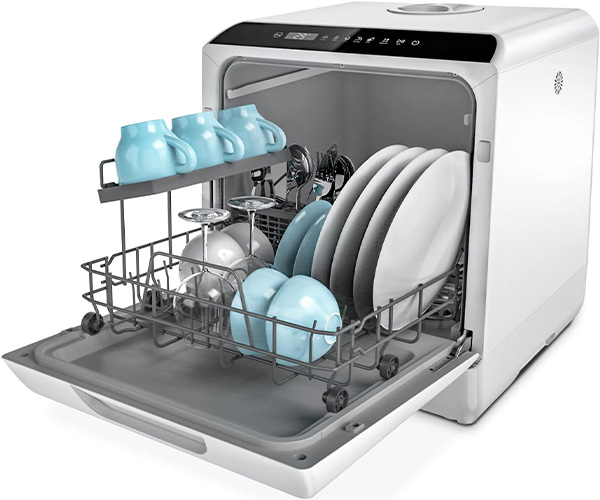
6. Dishwasher Not Drying Dishes
When your dishwasher fails to dry dishes properly, it can be frustrating to find wet or water-spotted items after a cycle. Several factors can affect the drying performance of your dishwasher, and addressing them can help you achieve spotless, dry dishes.
Symptoms and Signs
Signs that your dishwasher is not drying dishes include:
- Dishes remain wet or have water spots after the drying cycle.
- Plastic items, such as containers and utensils, are particularly prone to staying wet.
- The dishwasher interior is still damp after a cycle.
Possible Causes
Common causes of poor drying performance in dishwashers are:
- Faulty Heating Element: The heating element in the dishwasher is responsible for generating the heat needed to dry dishes. If the element is malfunctioning, the dishwasher will not be able to dry the dishes effectively.
- Rinse Aid: Rinse aid helps to reduce the surface tension of water, allowing it to sheet off dishes more easily. Without rinse aid, water can cling to dishes, leaving them wet or spotted.
- Loading Issues: Improperly loaded dishes can block airflow and prevent proper drying. Items that are stacked too closely together or placed in the wrong position can trap water.
Solutions
To improve the drying performance of your dishwasher:
- Test and Replace the Heating Element: If the heating element is not working, you may need to replace it. You can test the element with a multimeter to check for continuity. If it is faulty, consult the dishwasher’s manual for instructions on replacing it or hire a professional.
- Use Rinse Aid: Ensure that your dishwasher’s rinse aid dispenser is filled and functioning correctly. Rinse aid can significantly improve drying performance, especially for glassware and plastic items.
- Load Dishes Correctly: Follow the manufacturer’s guidelines for loading dishes. Make sure that items are spaced out properly to allow air to circulate. Place plastic items on the top rack, as they are more susceptible to heat damage.
7. Dishwasher Won’t Start
Few things are as frustrating as a dishwasher that won’t start, especially when you have a load of dirty dishes waiting to be cleaned. Understanding the reasons behind this issue can help you troubleshoot and fix the problem quickly.
Symptoms and Signs
Signs that your dishwasher won’t start include:
- The dishwasher does not respond when you press the start button.
- No lights or sounds indicating that the dishwasher is receiving power.
- The dishwasher door does not latch or close properly.
Possible Causes
The common causes of a dishwasher not starting include:
- Power Supply Issues: If the dishwasher is not receiving power, it will not start. This could be due to a tripped circuit breaker, a blown fuse, or a problem with the power outlet or cord.
- Faulty Door Latch: The dishwasher will not start if the door is not securely closed. A faulty door latch or switch can prevent the dishwasher from starting.
- Control Panel Issues: Problems with the dishwasher’s control panel, such as a malfunctioning timer or selector switch, can also prevent the dishwasher from starting.
Solutions
To fix a dishwasher that won’t start:
- Check the Power Supply: Ensure that the dishwasher is properly plugged in and that the outlet is functioning. If necessary, reset the circuit breaker or replace a blown fuse. You can also try plugging another appliance into the same outlet to confirm that it is working.
- Inspect the Door Latch: Check the door latch to ensure that it is closing properly. If the latch is damaged or misaligned, replace it with a new one. Make sure the door is securely closed before attempting to start the dishwasher.
- Reset the Control Panel: If the control panel is malfunctioning, try resetting it by turning off the power to the dishwasher for a few minutes and then turning it back on. If the problem persists, you may need to replace the control panel or contact a professional for further assistance.
Preventive Maintenance Tips
Regular maintenance can prevent many of the common problems associated with dishwashers. By taking a few simple steps, you can extend the lifespan of your appliance and ensure that it continues to perform at its best.
Routine Cleaning
Clean the interior of your dishwasher regularly, including the spray arms, filter, and drain. Running an empty cycle with a dishwasher cleaner or a mixture of vinegar and baking soda can help remove built-up grease and odors.
Correct Loading Techniques
Always load your dishwasher according to the manufacturer’s guidelines. Avoid overloading, and make sure that dishes are spaced out properly to allow water and detergent to reach all surfaces.
Choosing the Right Detergent and Rinse Aid
Use a high-quality dishwasher detergent that is suitable for your water hardness level. If you have hard water, consider using a detergent with water softeners or adding a water softening agent. Rinse aid can also improve drying performance and reduce water spots.
Regular Inspections
Inspect your dishwasher regularly for signs of wear and tear. Check the door seal, hoses, and connections for leaks, and ensure that the float switch and heating element are functioning properly.
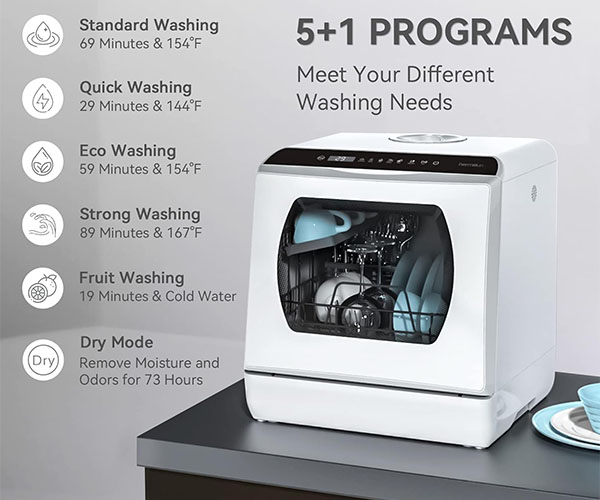
When to Call a Professional
While many dishwasher problems can be resolved with DIY solutions, some issues require professional help. Knowing when to call a repair technician can save you from causing further damage to your appliance.
Identifying Problems That Require Expert Help
If you encounter problems such as a faulty motor, damaged control panel, or persistent leaks, it’s best to call a professional. These issues may require specialized tools and expertise to fix.
Cost vs. Benefit of Professional Repairs
Before deciding on professional repairs, consider the cost of the repair compared to the cost of a new dishwasher. If the repair costs are close to or exceed the price of a new appliance, it may be more cost-effective to replace the dishwasher.
How to Choose a Reliable Dishwasher Repair Service
When choosing a repair service, look for technicians who are certified and experienced in repairing your specific brand of dishwasher. Read customer reviews and ask for recommendations from friends or family to find a trustworthy service provider.
Conclusion
Dishwashers are a valuable appliance in any kitchen, but like all machines, they can experience problems over time. By understanding the common issues that dishwashers face and knowing how to address them, you can keep your appliance running efficiently and extend its lifespan. Regular maintenance, proper loading techniques, and timely repairs are key to ensuring that your dishwasher continues to serve you well. If you ever encounter a problem that you can’t fix on your own, don’t hesitate to call a professional to help keep your dishwasher in top condition.

